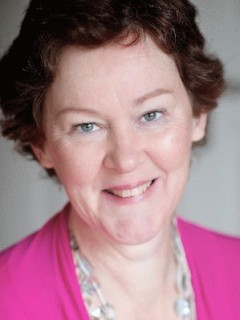The programme kicked off with an illuminating explanation of the benefits of crossing the respondent divide provided by Kirsty Fuller and Joanna Adams of Flamingo. In response to some clients' frustration at the restriction of conventional methods of qualitative research, and the need for insights to inspire, they espouse researcher participation in typical occasions chosen by the target group.
To explore 18-24 year old girls' relationships with men, this meant accompanying them on girls' nights out (and in) and shopping. The researcher must credibly match the target and participants are recruited by personal networking.
The audience was fascinated to hear what this approach across five European markets revealed about the state of play between the sexes. Siamack Salari of the Culture Lab at BMP explained how he takes researcher participation even further by living with and observing families for a week. The audience were relieved to hear that household rows were off limits and could be excised by participants from the videotape.
Virgina Valentine and Monty Alexander of Semiotic Solutions reminded us that we are all creatures of our culture and that we should apply a spot of semiotics to the brand under consideration before structuring our research approach.
After lunch Colin Brown reminded us of the complexities of research in the public sector with a provocative paper entitled "Where is the market?" This generated a wide ranging discussion about the similarities and differences of research in both public and private sectors and the blurring of research and consultation information tools for decision makers or avenues for citizens into the political process?
Clarissa White of the National Centre for Social Research and Juliet Mountford from the Women's Unit at the Cabinet Office further highlighted this issue with their fascinating appraisal of the role of Citizens' Juries, and their strengths and weaknesses compared with conventional methods.
Alan Hedges rounded off the day to great effect by focussing on the big issues raised. Above all, he stressed the need for us all to raise our game, to be "higher risk" and to stretch out for that extra insight and understanding. Whether we do this through incorporating some of these new methods or by observing and participating more fully in what we do now is up to us.


